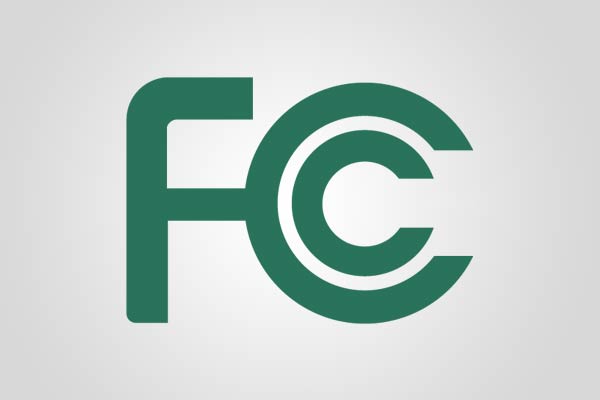The FCC just released its Report and Order on 2020 Regulatory Fees, which can be found here: https://bit.ly/2ETijFc
The good news is that the FCC adopted a number of the proposals made by the MBA and other state broadcasters associations to assist individual broadcasters with regard to regulatory fees. These include:
- Simplifying the filing requirements for stations seeking relief with regard to regulatory fees by allowing such requests to be filed by email, and waiving its rule requiring that fee waiver requests and fee deferral requests be separately filed.
- Also allowing requests for extended payment terms to be made by email and waiving its rules to permit such requests to be combined with fee waiver, reduction, and deferral requests in a single filing.
- Exercising the FCC’s discretion under the Debt Collection Improvement Act to reduce the interest rate charged by the FCC for installment payment plans to a “nominal” rate, and eliminating the current down payment requirement for those on an installment plan.
- Granting flexibility in how stations can demonstrate financial hardship for seeking fee relief.
- Waiving the FCC’s Red Light rule so that stations already owing money to the FCC aren’t be blocked from seeking regulatory fee relief.
The Report and Order indicates that the FCC will soon be releasing one or more public notices providing additional detail on these changes.
With regard to the regulatory fees themselves, the FCC stated that its hands are tied by statute as to the fees that it must collect each year and that it will continue calculating broadcast regulatory fees as it has in the past. As a result, there was a small reduction in radio fees over what was proposed because the FCC discovered that it had undercounted the number of radio stations by 2% (meaning there are 2% more stations to spread the radio industry regulatory fees across, reducing each individual station’s fee accordingly), but no fundamental change that would reduce the total fees paid by the radio and TV industries.




